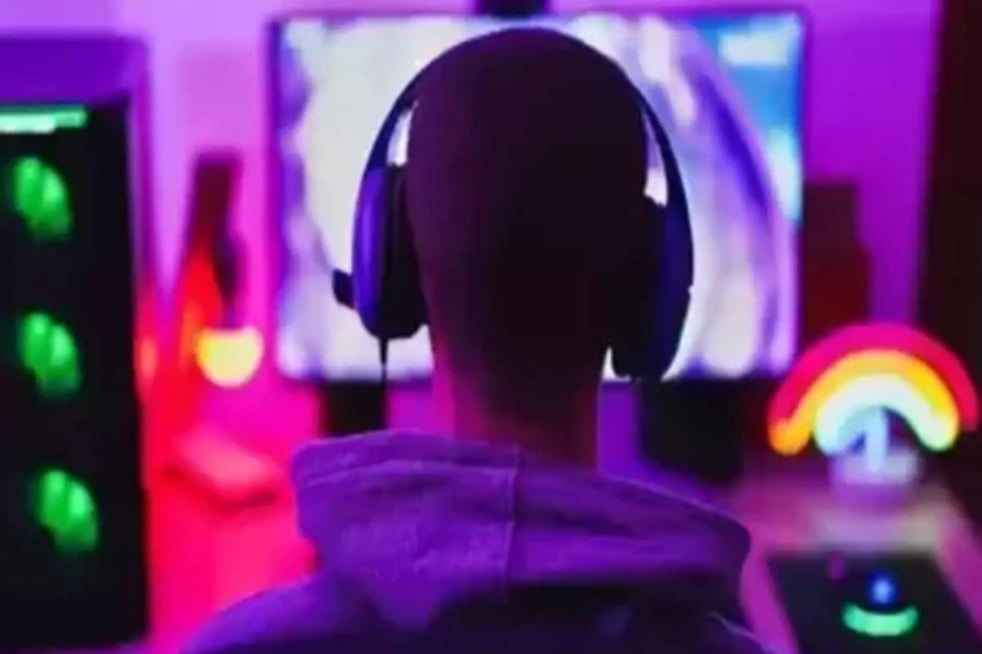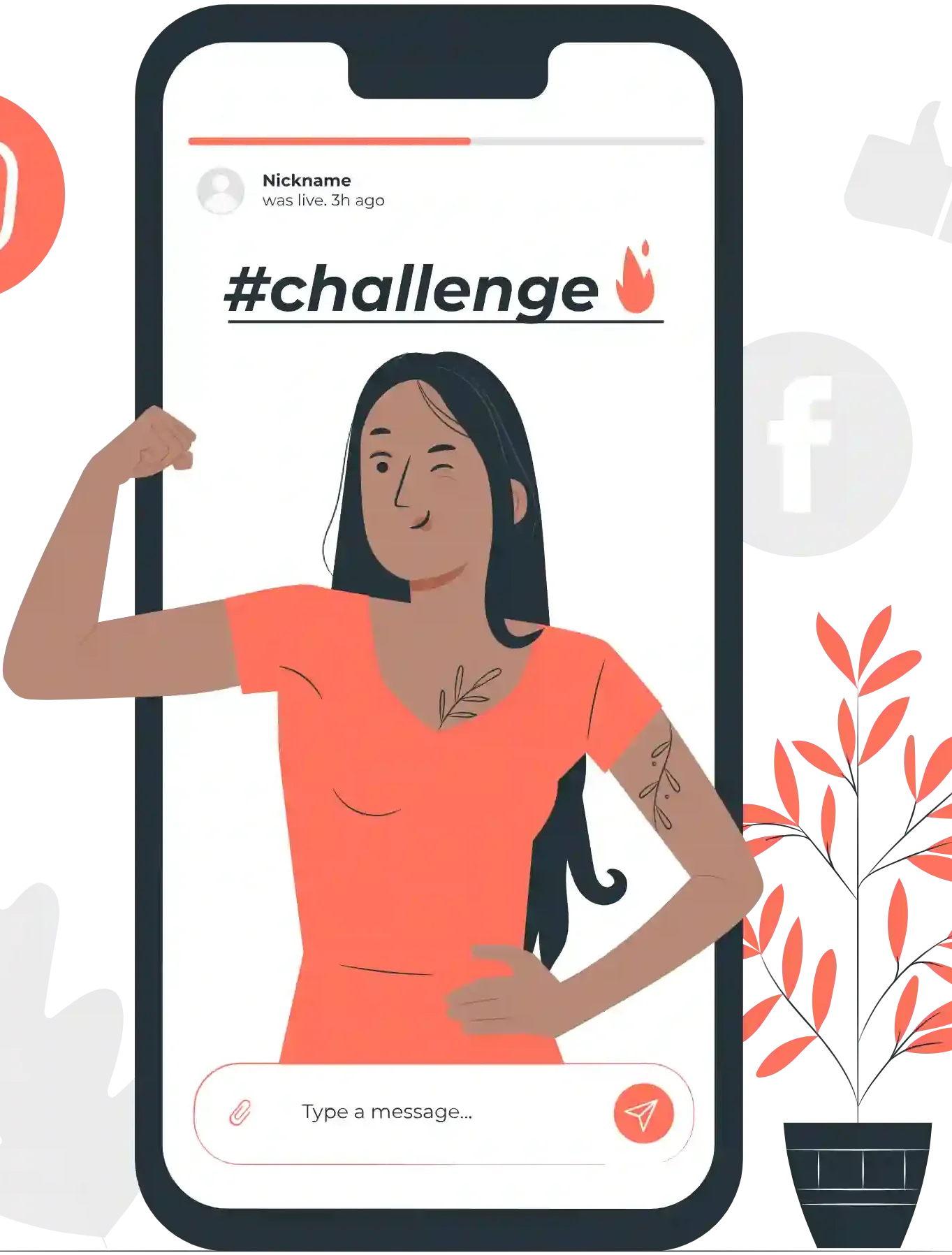
Online Spaceman Slot has evolved from a niche hobby to a global phenomenon, engaging millions of players across various platforms. While the primary appeal of gaming lies in entertainment, its impact extends far beyond simply passing the time. Online gaming has profoundly influenced social interactions, communities, and even societal norms. This article explores the social impact of online gaming, examining how it fosters connections, influences behavior, and shapes our digital lives.
Building Global Communities
One of the most significant social impacts of online gaming is its ability to connect people from different parts of the world. Players can collaborate or compete with others across borders, forming friendships and communities that transcend geographical limitations. These connections are often facilitated by multiplayer games, which encourage teamwork, communication, and camaraderie among players.
Games like “World of Warcraft,” “Fortnite,” and “Among Us” have become platforms for social interaction, where players can engage in cooperative gameplay, share experiences, and build lasting relationships. These virtual communities offer a sense of belonging, especially for individuals who may feel isolated or disconnected in their offline lives. The ability to communicate and interact with others in a shared virtual space fosters a sense of community and collective identity among players.
Shaping Social Skills and Communication
Online gaming also plays a role in shaping social skills and communication abilities, particularly among younger players. Many online games require players to work together to achieve common goals, necessitating effective communication, negotiation, and teamwork. These experiences can help players develop important social skills, such as active listening, empathy, and conflict resolution.
For example, in a team-based game like “League of Legends,” players must coordinate strategies, share resources, and support each other to win. This requires clear communication and collaboration, which can translate to improved social interactions in the real world. Moreover, the diverse backgrounds of players in online games expose individuals to different perspectives and cultures, promoting tolerance and understanding.
Influencing Cultural Norms and Trends
Online gaming has become a cultural force, influencing fashion, language, and even social norms. Popular games often create trends that extend beyond the gaming community and into mainstream culture. For instance, terms like “noob,” “griefer,” and “GG” (good game) have entered everyday vocabulary, illustrating how gaming culture shapes language.
In addition, online gaming has influenced fashion and lifestyle trends, with gaming merchandise, apparel, and accessories becoming popular among gamers and non-gamers alike. Esports, in particular, has played a significant role in elevating gaming culture to the mainstream, with professional players becoming celebrities and esports tournaments drawing millions of viewers worldwide.
Addressing Social Issues and Awareness
Online gaming has also been leveraged as a platform for raising awareness and addressing social issues. Game developers and organizations have used games to promote important causes, such as mental health awareness, environmental conservation, and social justice. These games often incorporate educational content or scenarios that encourage players to reflect on real-world issues.
For example, games like “Hellblade: Senua’s Sacrifice” address mental health issues by depicting the protagonist’s struggle with psychosis, providing players with insight into the challenges faced by individuals with mental health conditions. Similarly, “This War of Mine” portrays the harsh realities of war from the perspective of civilians, encouraging empathy and understanding of the human cost of conflict.
Providing a Safe Space for Expression
For many players, online Slot Mahjong provides a safe space for self-expression and exploration of identity. In virtual worlds, players can create avatars and personas that reflect their desired self-image, allowing them to experiment with different aspects of their identity in a supportive environment. This can be particularly empowering for individuals who may face social stigma or discrimination in their offline lives.
Games like “The Sims” and “Second Life” allow players to design their virtual lives, offering a creative outlet and a means of exploring different lifestyles and relationships. The anonymity and freedom provided by online gaming can be liberating, enabling players to express themselves without fear of judgment or prejudice.
The Impact on Mental Health
While online gaming can have positive social impacts, it is also important to consider its effects on mental health. For some players, gaming can become a coping mechanism for stress, anxiety, or loneliness. The immersive nature of online games can provide an escape from the pressures of daily life, offering a sense of control and accomplishment.
However, excessive gaming can also lead to negative mental health outcomes, such as addiction, social isolation, and increased anxiety. It is crucial for players to maintain a healthy balance between gaming and other aspects of life, and for the gaming community to promote responsible gaming habits.
Promoting Inclusivity and Diversity
The online gaming community is becoming increasingly diverse, with players from all walks of life participating in gaming. This diversity is reflected in the characters, narratives, and themes explored in modern games, which are more inclusive and representative of different cultures, genders, and identities.
Game developers are making conscious efforts to create games that cater to a broader audience, promoting inclusivity and challenging stereotypes. For example, games like “The Last of Us Part II” and “Life is Strange” feature LGBTQ+ characters and storylines, helping to normalize diverse identities in gaming and encouraging acceptance and understanding among players.
The Role of Online Gaming in Education
Online gaming is also being recognized for its potential in education and skill development. Educational games and gamified learning platforms are becoming popular tools for teaching a wide range of subjects, from mathematics and science to history and language arts. These games make learning more engaging and interactive, helping students to retain information and develop critical thinking skills.
Moreover, online gaming can teach valuable life skills, such as problem-solving, time management, and decision-making. Games that require strategic planning, resource management, and adaptability can help players develop skills that are transferable to real-life situations.
Conclusion
The social impact of online gaming extends far beyond entertainment, influencing how we connect, communicate, and interact with the world around us. Online gaming has the power to build communities, shape social skills, and promote cultural trends, while also addressing important social issues and providing a platform for self-expression. As the online gaming industry continues to grow and evolve, its social impact will only become more profound, shaping the future of digital and real-world interactions in meaningful ways.


